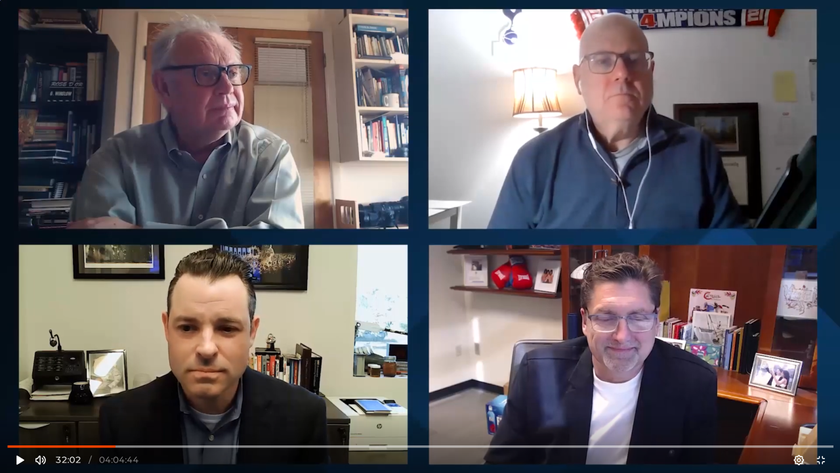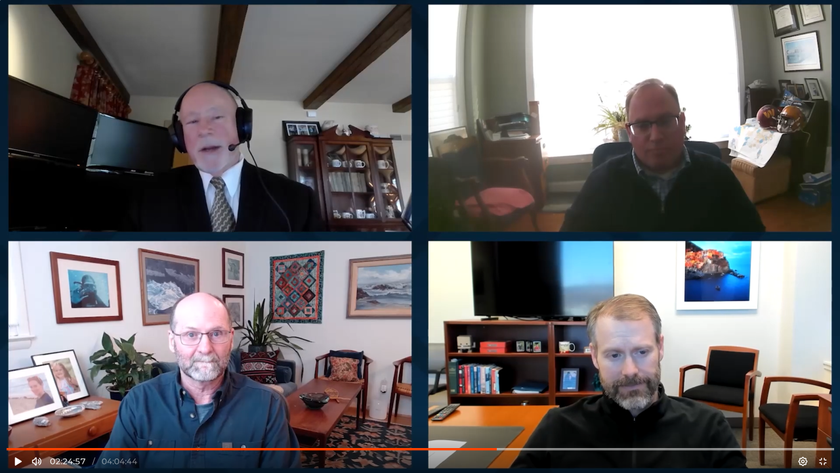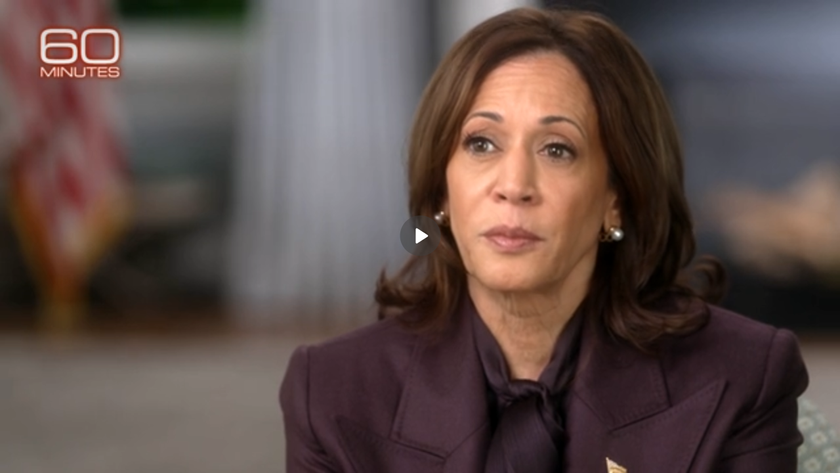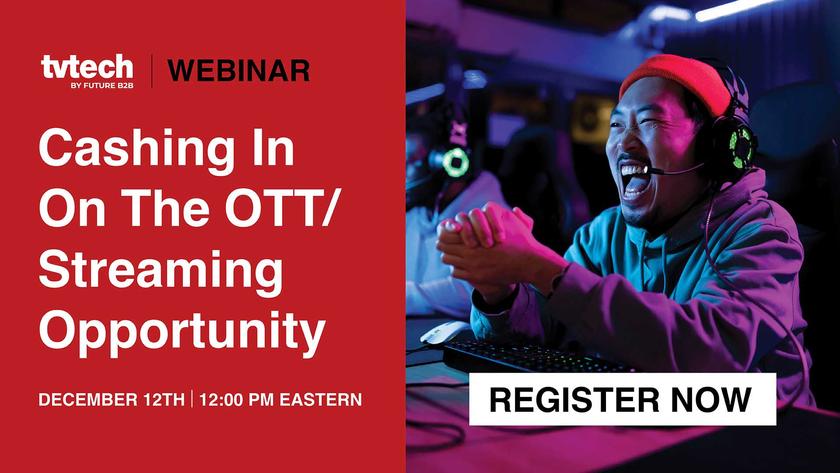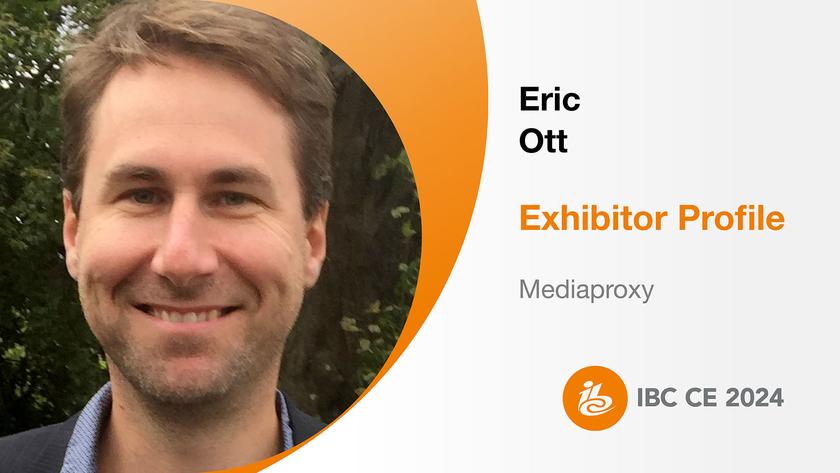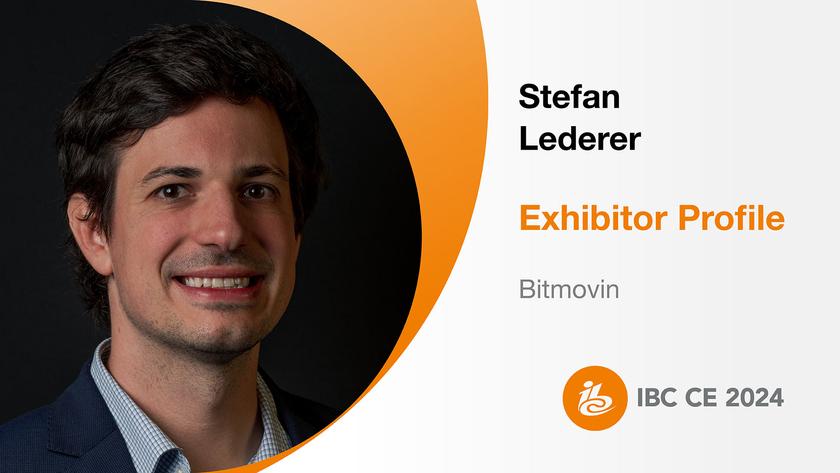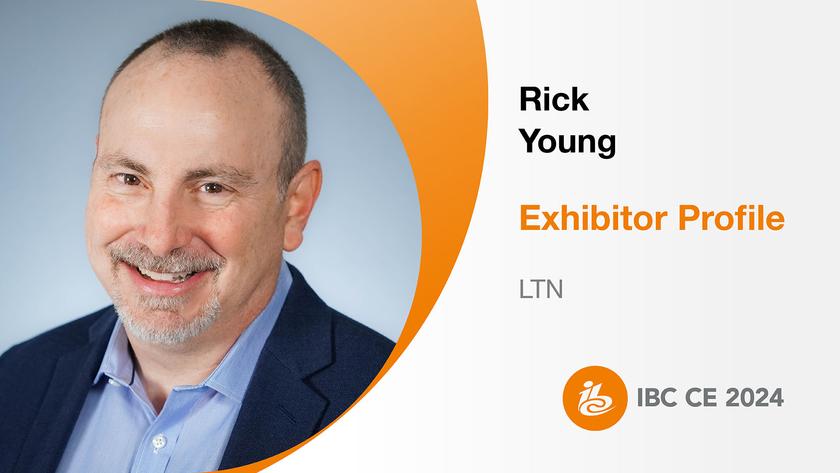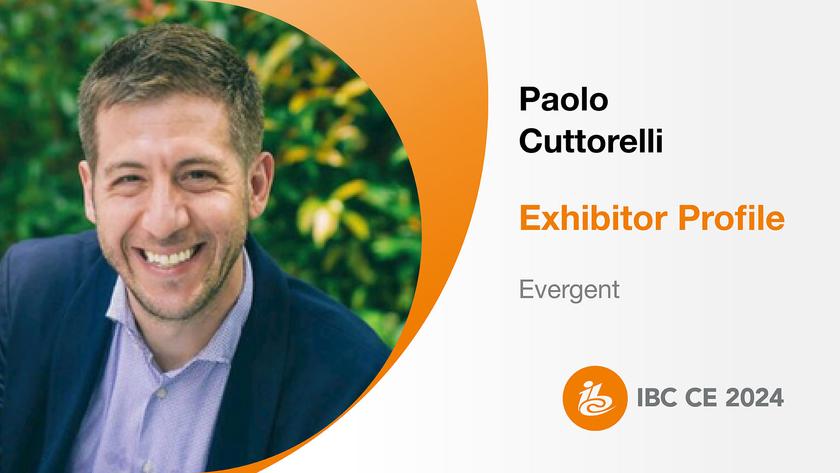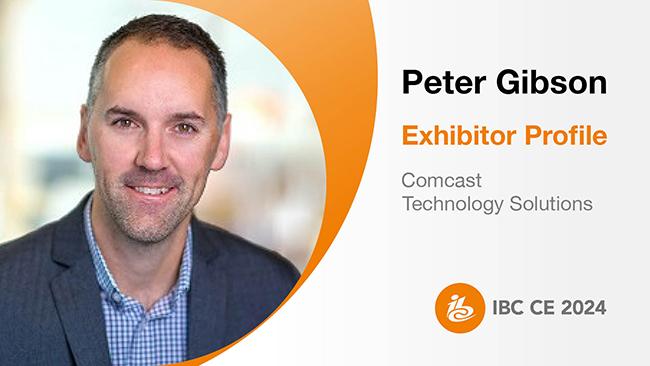The Video Show: One Minute With Rob Adams
More than a website, Instagram is becoming the go-to platform for creative portfolio work and giving potential customers a real look at who they might consider for their video project. The session “Instagram for Video Producers” will be presented at The Video Show, a two-day event in Washington, Dec. 4–5.
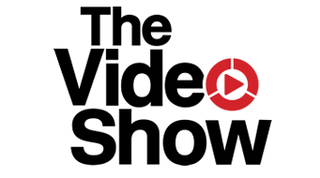
Today’s social media is all about engagement. Are you engaging correctly? Cinematographer Rob Adams will show you how Instagram's features can help you generate new leads, market your “storybrand” and give you an edge over your competition. He will share ways you can leverage Instagram to build your video business.
The Video Show caught up with Adams for just a minute ahead of the show.
The Video Show:What’s the most common misperception that people working in video may have about Instagram and how to use the platform for their business?
Rob Adams: This is a great question because I don’t think many people in the video business have given enough consideration to the power of Instagram overall, let alone form any misconceptions. However, I think the biggest misconception among those who have dabbled with Instagram is that, in terms of image professionals, Instagram is a platform for photographers. They couldn’t be more wrong.
Instagram, and Facebook for that matter, both favor video posts higher over still photo posts in their algorithms. They get more organic reach and better organize engagement than photo-only posts. That is, of course, how the algorithm is active at this point in time. That means these platforms are actually inclined more toward video posts.
Instagram and Facebook each have created video-only platforms with IGTV and Facebook Watch, respectively. Add in the fact that Instagram (and Facebook) Stories allow you to post 15-second videos in an endless string of vertical, temporary posts for instant reach, placement and tagging, and you have what it essentially is a video-centric platform. This creates boundless opportunities for business marketing and letting customers and clients see something video-wise about you and your product(s) 24/7.
TVS:You’ve done a great deal of work in weddings (and are speaking at The Video Show in a separate session on that theme). How has your work in weddings informed your work in other areas of video, and what can others learn from that?
RA: Filming and editing weddings and doing it well is one of the most under-rated, under-valued skills in all of video and filmmaking. Think about it this way: I have no script. I have no actors. No storyboard. I have minimal crew. I have no control over sets, lighting, sound and, most of all, I have zero control over time. And I still have to create an amazing product that people will spend thousands of dollars for.

This places me at a severe disadvantage in trying to create videos that have a Hollywood quality or even look like something more than a run-and-gun mess of footage. Where I’ve excelled in weddings at anticipating action, working and thinking quick on my feet with the deck stacked against me has made my scripted, storyboarded shoots so much easier. They’re a luxury. It’s also made me a far better editor. It’s one thing to be handed a bunch of amazing footage from a nicely scheduled, thoughtful shoot and have a plan for postproduction. But to have to take footage that essentially abides by an “It is what it is...” mentality, I’ve learned to edit sequences that are completely born in post, but surprisingly, work amazingly well in a creative context.
We have been able to formulize some things, but overall, you never know what you’re going to face with every shoot. Good wedding filmmakers have great insight into how to solve problems on-set, how to create beauty and drama where none exist and tend to be amazing storytellers. We also are forced to be people-pleasers and cannot sit back idly and wait for a director to call “Action!” In any business that is valuable knowledge and has helped me tremendously in my small- and large-scale commercial jobs. [Adams will also present the session “How Not to Screw Up a Wedding Video.”]
The Video Show will feature more than 100 sessions on nine presentation stages, as well as a dedicated screening room, demo areas, streaming studio and dynamic exhibit floor. Want to hear more about this topic? Visit thewebsiteto learn more and register.
Get the TV Tech Newsletter
The professional video industry's #1 source for news, trends and product and tech information. Sign up below.
